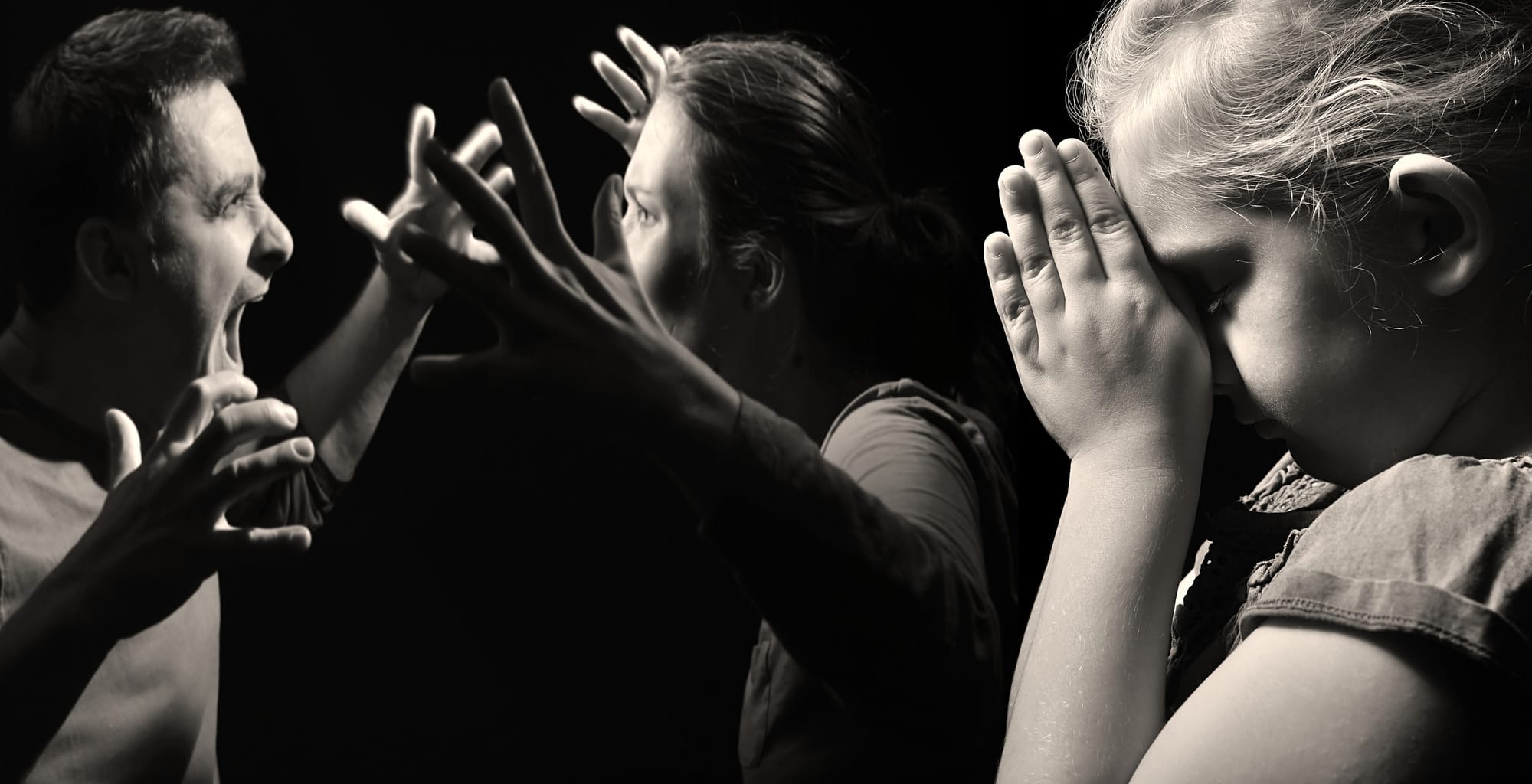
The Victorian Royal Commission into Family Violence (2016) is internationally groundbreaking in its whole-of-society, whole-of-government approach to preventing family violence.
Its key recommendations recognise the need to better equip specialist family violence and more general workforces to more effectively prevent family violence. Workforces to be developed include services responding to those impacted by family violence, and those delivering behaviour change programs for perpetrators, as well as a long list of other workforces including emergency responders, alcohol and drug services, health services, maternal and child and health nurses, to mention just a few.
Although many practitioners in these services have some family violence response and prevention training and have been working hard, the government’s commitment to a Centre for Workforce Excellence and the 10-Year Industry Plan (VicGov, December 2017) outlines the breadth, depth and sustained nature of the transformation envisaged for general and special workforces. This broad program of change through workforce development recognises that, every day, we come into contact with those experiencing family violence, whatever work we do, and that long-term change means we all have a role to play.
Victoria is served by outstanding training services and skills development work undertaken by the Domestic Violence Resource Centre and other providers. As a university recognised for the strength of its gender scholarship, health and legal research, education, industry engagement and commitment to social justice, Monash has a key complementary role to play in delivering workforce transformation to achieve the prevention of family violence through graduate education and professional development.
We've gathered a team of family violence experts to ensure our educational program is intellectually rigorous, innovative, and policy and practice-oriented.
Led by the Monash Gender and Family Violence Prevention Centre, in collaboration with the faculties of Law, Medicine, Nursing and Health Sciences, and the Monash University Accident Research Centre, we've developed a program of flexible critical graduate education to support the development of broad-based workforce capacity, and embed knowledge of family violence prevention to contribute to a violence-free Victoria.
We've gathered a team of family violence experts, including Professor JaneMaree Maher (gender studies), Professor Jude McCulloch (criminology), Dr Kate Fitz-Gibbon (board member, Respect Victoria, and criminology), Associate Professor Becky Batagol (law and MSDI), Dr Deborah Western (social work), Dr Carlyn Muir (MUARC) and Associate Professor Lyndal Bugeja (nursing and midwifery/forensic medicine) to ensure our educational program is intellectually rigorous, innovative, and policy and practice-oriented.
Our graduate and professional development offerings are targeted at long-term workforce transformation. They aim to develop key family violence-related professional skills and knowledges such as effective use of data to inform prevention strategies and policy, social work expertise, the intersection of family law and family violence responses, working with culturally and linguistically diverse communities, including translation and interpreting in the context of family violence, and criminal justice responses. MGFVPC is already working with a range of organisations to create and deliver this transformative graduate education program.
Key aspects of our graduate education approach
We focus on recognition of prior learning, acknowledging the expertise and skills of those in the family violence sector, and significant relevant experience and knowledge that may be acquired outside of formal education contexts. This supports access for experienced workers, advocates, those who have experienced family violence, and First Nations peoples, offering fast-tracks qualifications. It also means our classrooms benefit from a broad range of insights and experiences.
Our family violence research work is grounded in recognition of the differential impacts of family violence on diverse communities and First Nations peoples. Our educational work is informed by our collaborations with key partners such as InTouch Multicultural Centre and No to Violence.
Our education offerings are delivered flexibly, focused on innovative integrated learning, and informed by our research and stakeholder engagement.
We've developed units and courses that can be taken as part of a graduate education progression or as professional development short courses.
Our offerings are grounded in our commitment to safe and inclusive education and we recognise that family violence prevention offerings need to embed and understand diversity, difference and the ongoing impact of colonisation in all of our teaching and learning practices.
Our educational ambition, grounded in our research and education expertise, is to be a significant part of groundbreaking change in family violence prevention education. Our broader ambition is to change the story on family violence.





